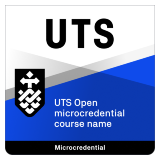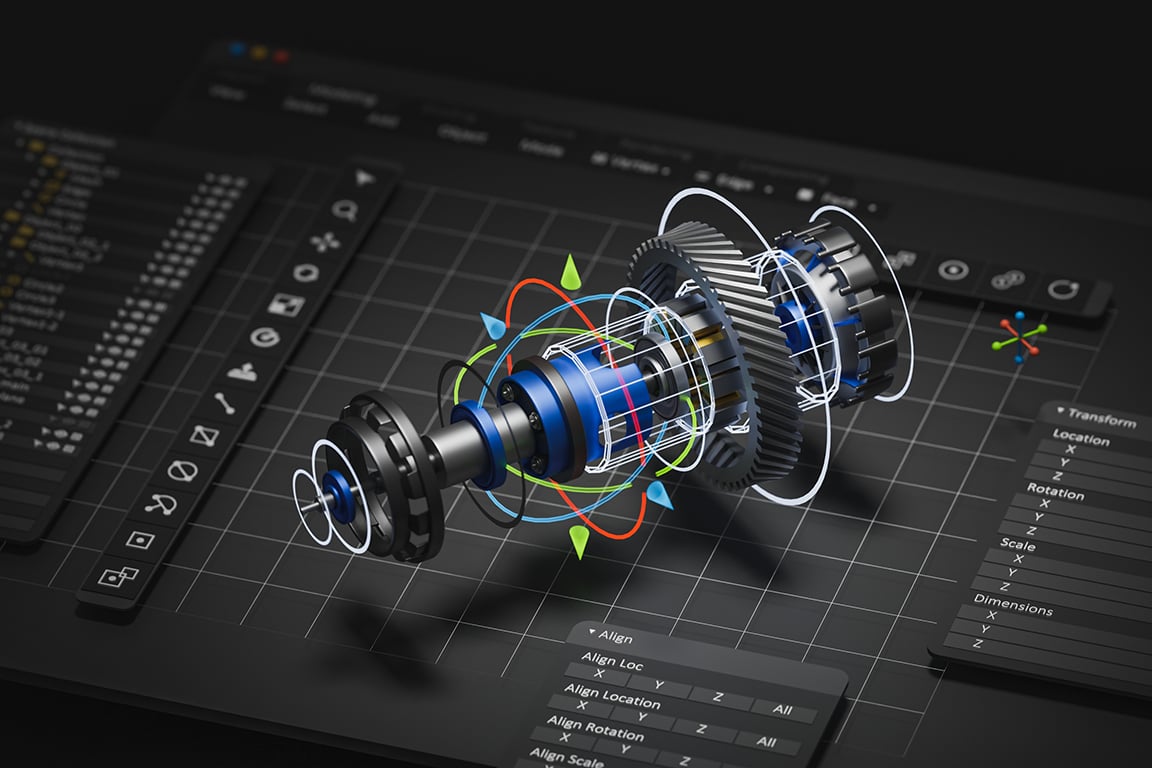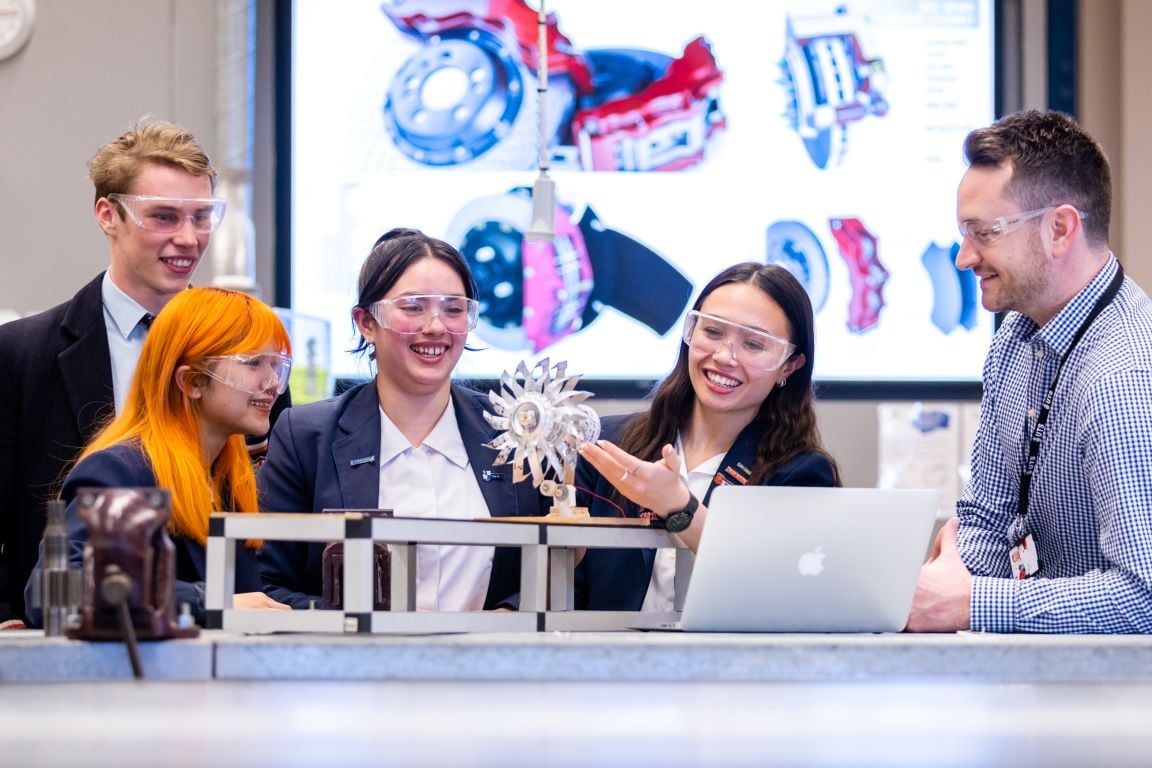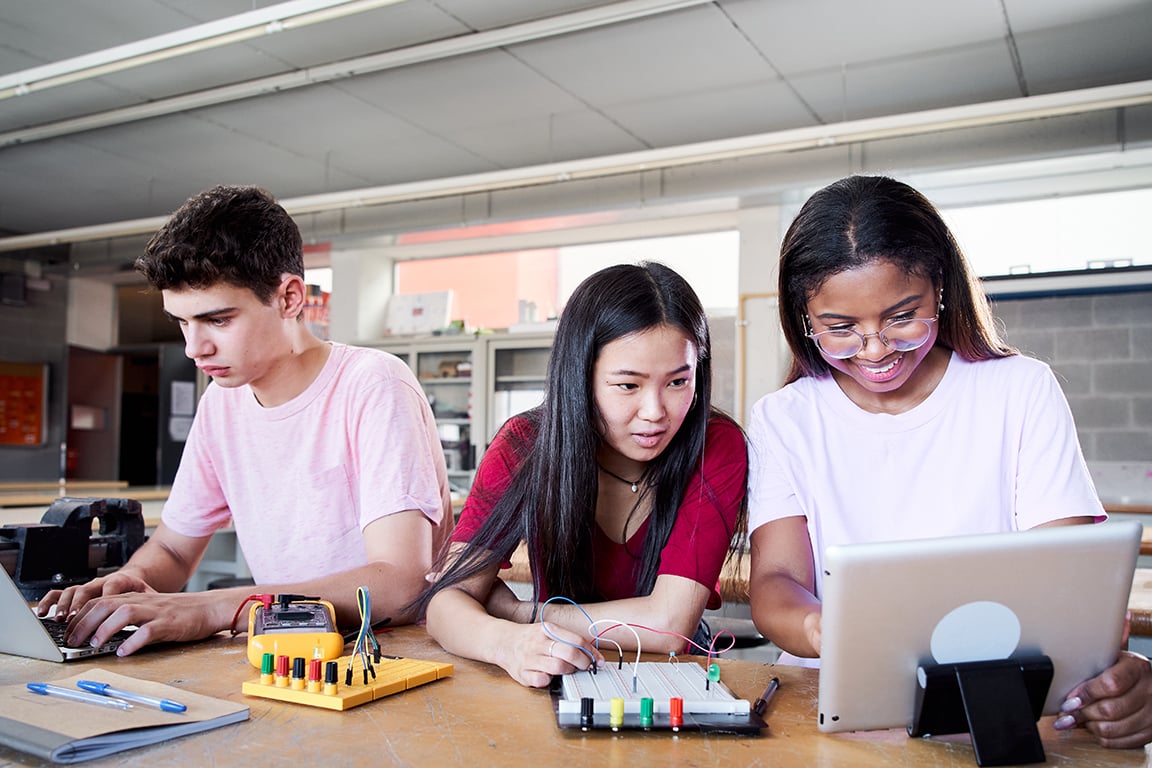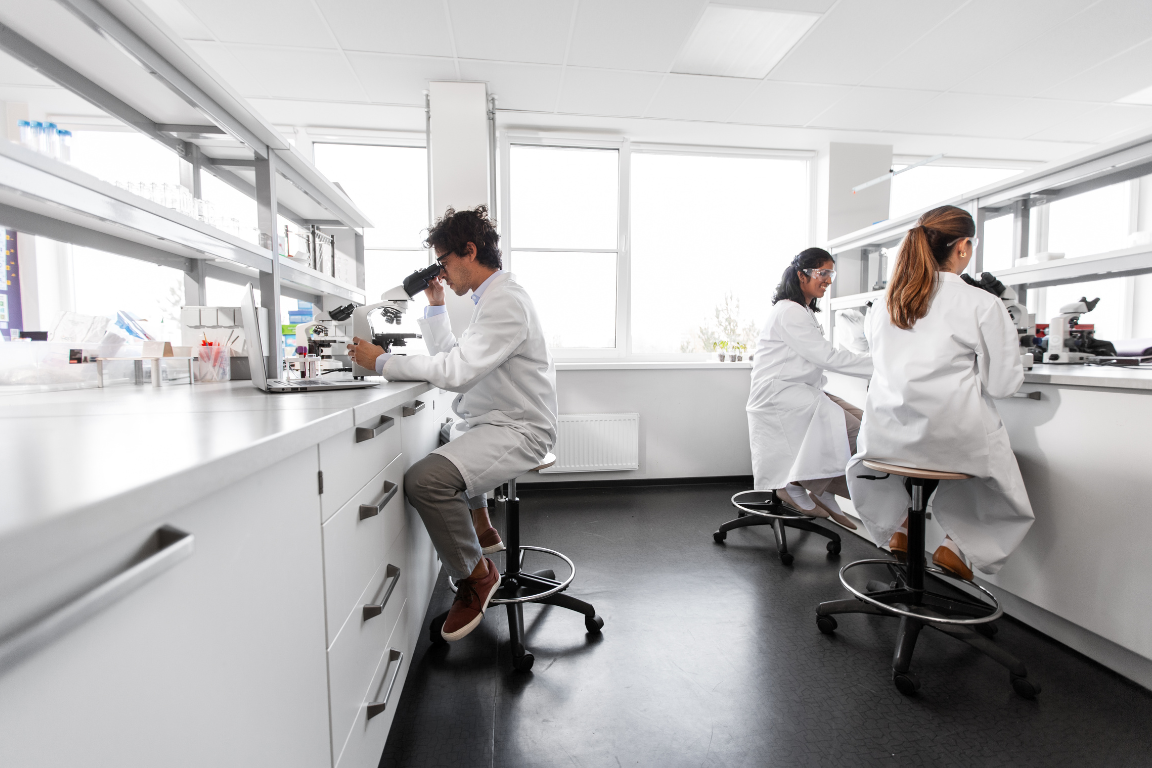This course employs a focused assessment strategy to gauge participants' understanding and application of reverse engineering concepts.
Task 1 - Key activities (x 3)
Throughout the course, participants will engage in several key activities designed to build skills and knowledge in reverse engineering, 3D scanning, and quality assurance. These activities serve as preparatory exercises and contribute to the learner's readiness for the final assessment.
Note: These activities are ungraded, but are crucial for successful completion of the final assessment.
Task 2 - Final assessment (weight - 100%)
The core assessment of this microcredential is a single, 5-minute video presentation, which carries the full weight of the assessment load.
The video should succinctly cover the submissions from key activities 1-3, showcasing your journey through the reverse engineering process, including key findings and learning experiences. It should also demonstrate an understanding of quality assurance, tolerancing and the implications of manufacturing methods on the final product.
Participants will be evaluated on the depth of their analysis, the clarity of their presentation and their ability to synthesise course concepts in a practical context.








